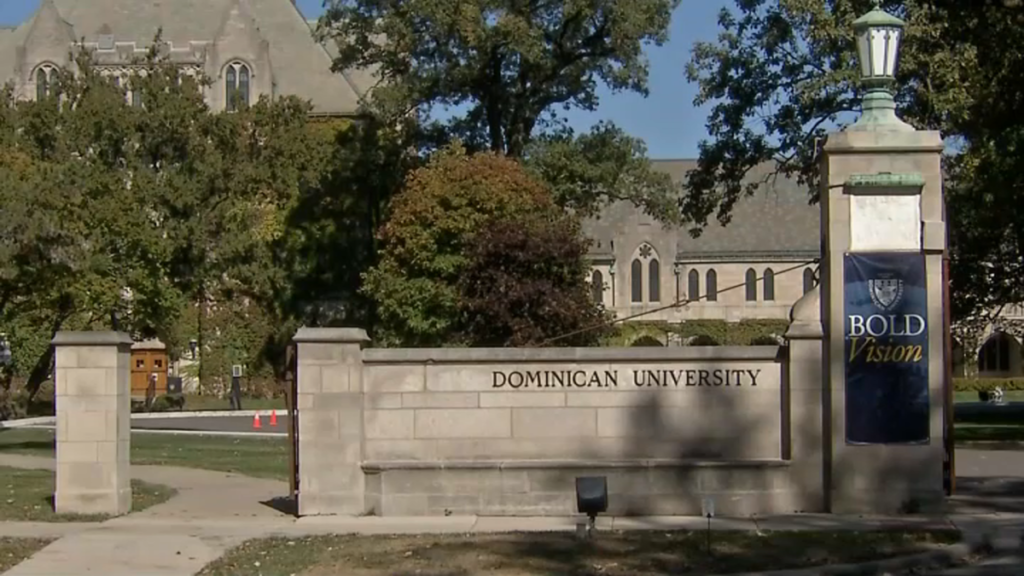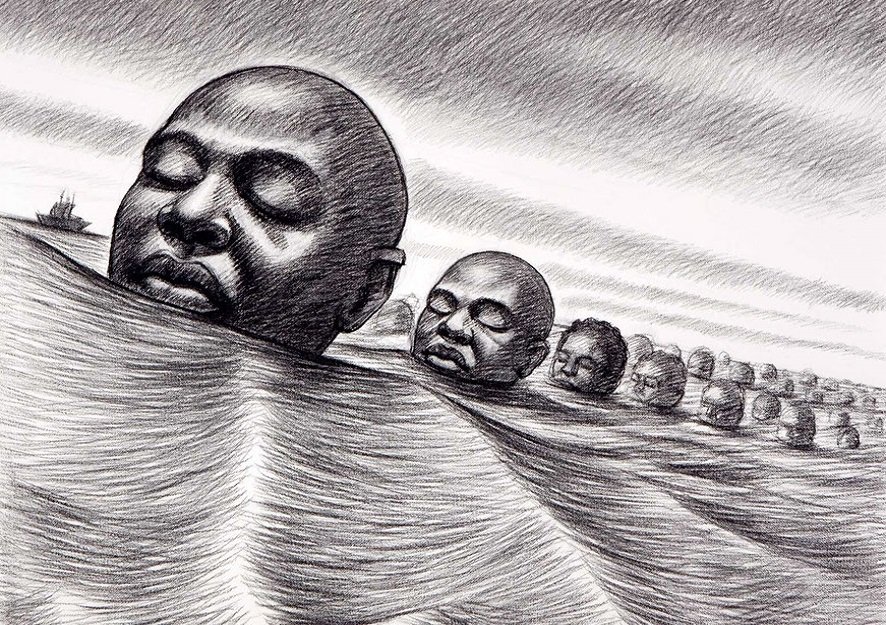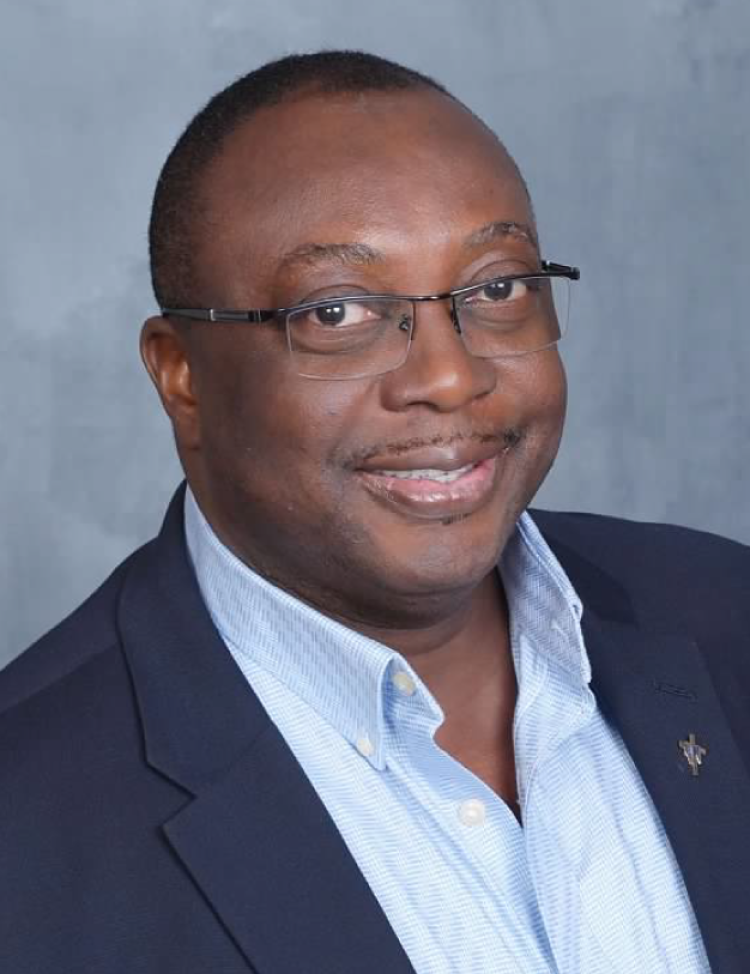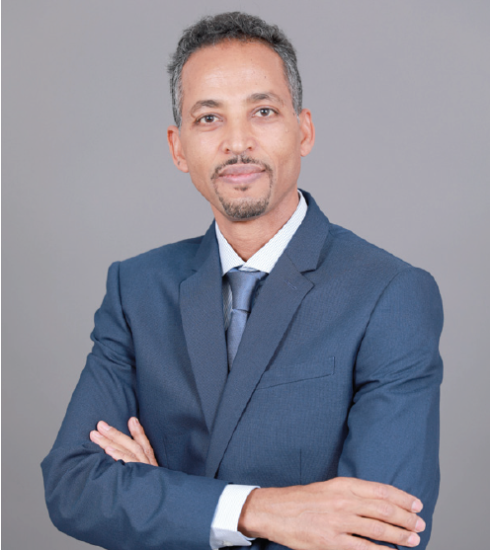The Center for Igbo Studies at Dominican University, Illinois Chicago will be starting a new academic year with plans for a more “vibrant” series of educational programs. It is also continuing its efforts to seek historic designation of a Georgia site linked to an 1803 slave revolt just three years after its founding.
The center, which was established in 2019 at the request of the Igbo Studies Association, is dedicated to facilitating the greater understanding of Igbo history, civilization, religion, culture, and language, while also analyzing the current state of the Igbo nation. It is charting new progressive directions that will enhance its intergenerational growth and advancement through the creation of sustainable institutional frameworks for an organized, dedicated, strategic and scholarly production of good knowledge and analysis of critical issues and policies that affect Ndi Igbo, both at home and abroad. The Igbo is an ethnic group originating from Nigeria, West Africa, with a sizable population in the United States and the Chicago metro area.

According to Rev. Austin Okigbo, who is chairman of the advisory board to the Center for Igbo Studies, the center will be an outlet for communicating Igbo contributions to science, medicine, athletics, education and American history itself. “We have stories that are not often told,” Okigbo said. “But Igbo history in North America and the new world — in both the old and new diaspora — is very strong. It all points to one thing: A group of people who are very resilient, innovative and creative, and who have contributed much for humanity.”
Director of the Center for Igbo Studies and a professor of philosophy at Dominican University, Dr. Nkuzi Nnam said there is a continuous and concerted effort to raise awareness of the center this year after the pandemic prevented a more formal launch.
“We want people all over the world to know about it,” he said.
Dr. Nnam who is also the author of the book “Colonial Mentality in Africa” went further by stating that the goals for this year are to continue hosting educational lectures — which have largely taken place virtually — featuring scholars and specialists from across the globe. A formal inauguration of the center is envisioned for May 2023, and relaunching the Igbo language and culture classes for the greater community is also desired.
Nigerians of Igbo extraction all over the USA and beyond have applauded the steps taken by Dr. Nnam and the center to promote the Igbo language and culture. Dr. Ngozi Ezike who is the first Black woman to lead the Illinois Department of Public Health in its 143-year history and also serves on Dominican’s Center for Igbo Studies Advisory Board commended everyone who has been involved in the promotion to see that the ethos and values of the Igbo culture is studied extensively and said that she had brought her four children to the campus every Saturday for over a year for Igbo language classes.
Dr. Obioma Paul Iwuanyanwu, a Professor of World Literature and Critical Theory at Central State University also joined in showering praises for the work the center is doing and said that all must be done to ensure that the “Igbo culture must be sustained.” He lamented the relegation of the Igbo Language and culture by the people themselves urging them to reverse the situation urgently for posterity’s sake and called on more sons and daughters of Ndi Igbo to join hands and support the center in whatever way possible.
Perhaps most significantly, the center, in collaboration with the Gullah Geechee Community of the Southeast United States, has been working to obtain a national historic designation for Igbo Landing on St. Simons Island, Georgia, to commemorate the group of enslaved Igbo people who rebelled against their captors and committed suicide by drowning in 1803 rather than face lives as slaves in America.
“One of our plans this year is to turn that site into a memorial site for Igbo people all over the world to visit,” said Dr. Nnam, who traveled to the island this summer.

The events of St. Simons Island are a testimony to the Igbo spirit of resistance, countering the narrative that enslaved people willingly accepted their fate, noted Okigbo. The Black experience in America, he explains, has always been one of resistance and the quest for freedom.
“Igbo Landing is an important historic moment that tells the story from the very beginning,” Okigbo said. “Here are people brought as slaves, but they resisted. They would rather die than live out their lives as slaves.”
The Center for Igbo Studies was created through a $55,000 endowment funded by donations. A $25,000 contribution came from the organization of 100 Igbos USA, and another $25,000 from former Dominican University President Donna Carroll, Nnam revealed.
Several sites around the country were considered for the center, but Dominican was ultimately proposed based on several factors, including its proximity to Chicago and O’Hare Airport, Chicago’s sizable Igbo population, and the university’s welcoming nature, Nnam and Okigbo said. Dominican’s Black World Studies major was another important reason behind the selection, Nnam noted, while Okigbo pointed to the many Igbo who are members of the Dominican order around the world.

Even before the center was established, the Igbo Studies Association’s annual conference has been held at Dominican University for a number of years.
“Our hope is that by the time the center is fully operational and the story of the Igbo becomes much more mainstream, this will lead to the establishment of new centers in other institutions,” Okigbo said.






